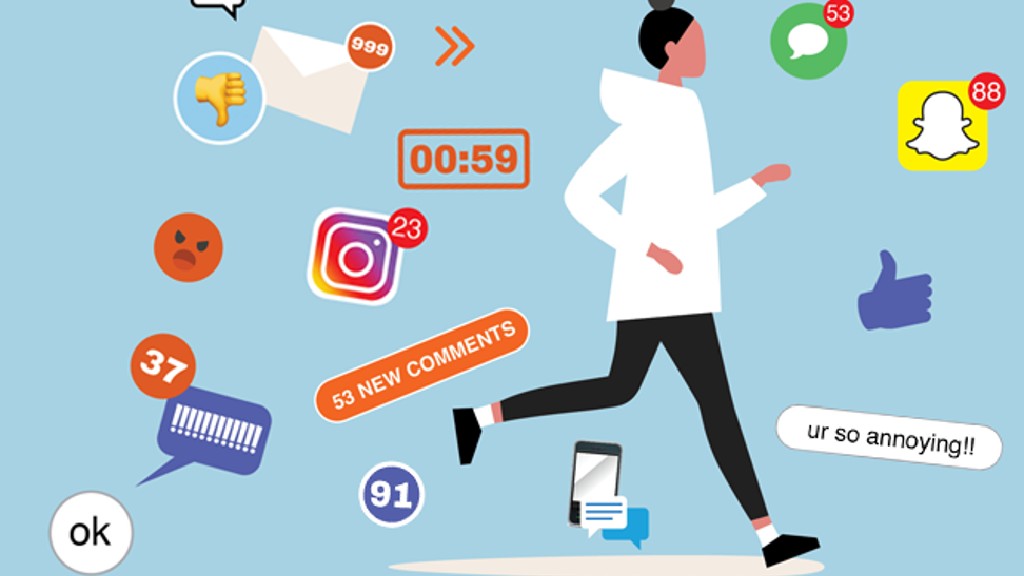The Mental Health Toll of Social Media and Tech

The Transformative Role of Social Media in Modern Life
In today’s digital era, social media has become an essential component of daily communication. It has redefined how individuals connect, share information, and access knowledge. This evolution has significantly altered human interaction, influencing not only our relationships but also our mental health and overall well-being.
As technology continues to advance, it has seamlessly integrated into our everyday routines. However, this integration comes with a dual impact—while it offers convenience and connectivity, it also poses challenges that affect mental health. Studies show that excessive use of technology can lead to increased symptoms of anxiety, depression, and loneliness. Thus, maintaining a healthy balance between online and offline life is crucial for sustaining mental and emotional health.
Alarming Statistics on Mental Health and Technology Use
Research highlights a growing concern regarding the relationship between social media and mental health. A significant number of teenagers report feeling anxious, depressed, or helpless when separated from their devices. According to recent data, 70% of teens experience these feelings, while 94% admit to struggling emotionally without their phones. These figures emphasize the profound role technology plays in shaping emotional states.
Remote work, another byproduct of technological advancement, often leads to burnout. Employees may experience mental health issues that directly impact their productivity and job performance. Additionally, adolescents who spend over five hours a day on electronic devices are 71% more likely to display symptoms of depression. These findings underline the necessity of prioritizing digital wellness to counteract the negative effects of technology.
The Dark Side of Digital Connectivity
Social media platforms are engineered to stimulate dopamine release, making it difficult for users to disconnect. This design encourages continuous engagement, which can lead to addiction. Constant exposure to curated content on these platforms often fosters feelings of inadequacy, low self-esteem, and even depression.
Cyberbullying and online harassment are also serious issues. According to the Pew Research Centre, 59% of teens have experienced some form of cyberbullying, leading to severe consequences such as anxiety, depression, and even suicidal thoughts. Moreover, prolonged screen time disrupts sleep patterns, resulting in fatigue, irritability, and reduced cognitive function.
Given these risks, it is vital for individuals to take proactive steps towards digital wellness. This includes setting limits on screen time, engaging in offline activities, and seeking support when needed.
Impact on Youth and the Need for Digital Literacy
The influence of social media on young people is particularly concerning. Excessive exposure to digital media can lead to increased risk-taking behavior, shorter attention spans, and a distorted perception of reality. Social media can also encourage unethical actions such as cyberbullying, online harassment, and exposure to inappropriate content.
Studies reveal that for every 10% increase in negative interactions on social media, the risk of depression rises by 20%. Furthermore, many youths spend excessive time on online platforms, missing out on meaningful experiences and opportunities to develop essential skills. This trend negatively affects their mental health and overall development.
Parents, educators, and policymakers must prioritize digital literacy and promote healthy social media habits among youth. By doing so, they can help mitigate the adverse effects of digital overload.
Strategies for a Balanced Digital Life
Maintaining a healthy balance between online and offline life is essential for minimizing the negative impacts of technology. Implementing effective strategies such as setting clear boundaries, practicing digital detoxes, and engaging in offline activities can foster resilience and improve mental well-being.
Monitoring screen time and seeking support from friends, family, or professionals can also be beneficial. Individuals who prioritize digital wellness are better equipped to navigate the challenges of the digital age and maintain their mental health.
Understanding the Complex Relationship Between Technology and Mental Health
The impact of social media on mental health is complex and influenced by individual experiences, cultural factors, and environmental influences. Different societies and individuals interact with technology in unique ways, which can shape their mental health outcomes.
Recognizing these nuances is key to developing effective strategies for promoting digital wellness. By understanding the interplay between technology and mental health, individuals can take proactive steps to enhance their well-being and reduce the risks associated with excessive social media use.
Conclusion
In conclusion, the relationship between social media, technology, and mental health is multifaceted. While technology offers numerous benefits, its excessive use can lead to severe consequences. Prioritizing digital wellness, setting boundaries, and engaging in offline activities are essential for maintaining mental health in the digital age.
A comprehensive approach that considers individual, social, and environmental factors is crucial for navigating the challenges of the digital landscape and protecting mental health. By fostering awareness and implementing practical strategies, individuals can achieve a healthier balance in their digital lives.

Comments
Post a Comment